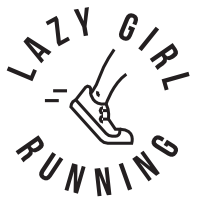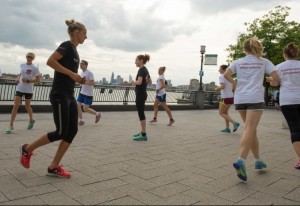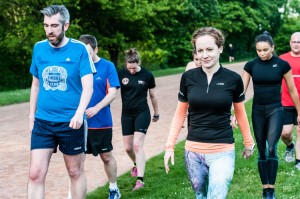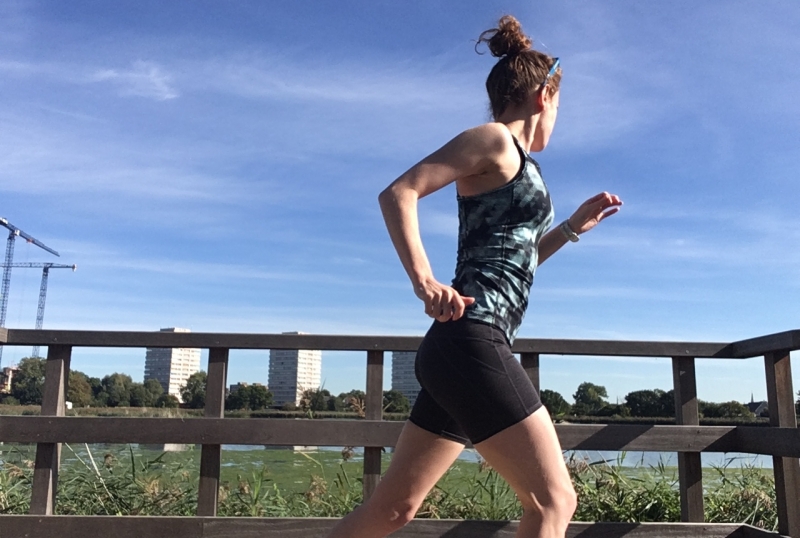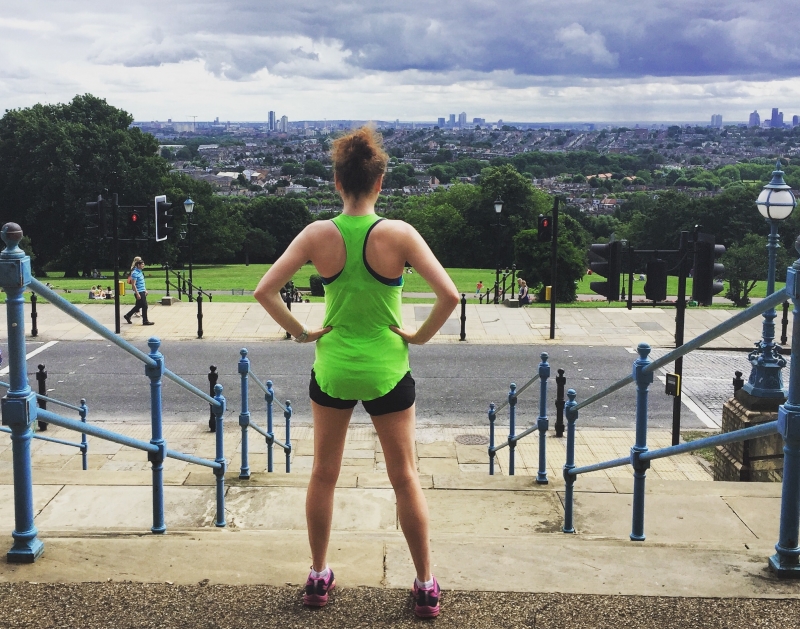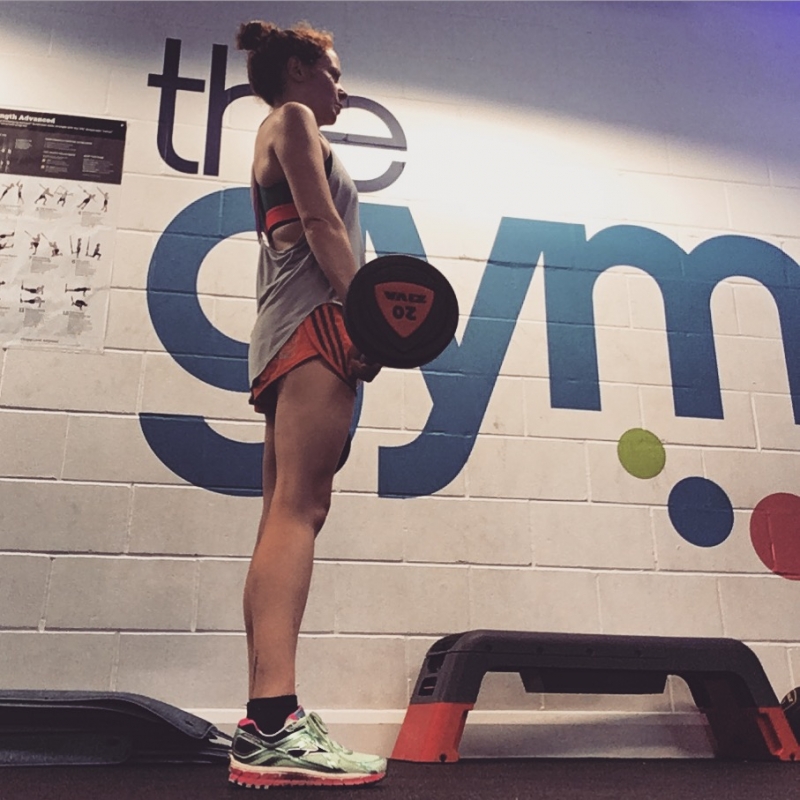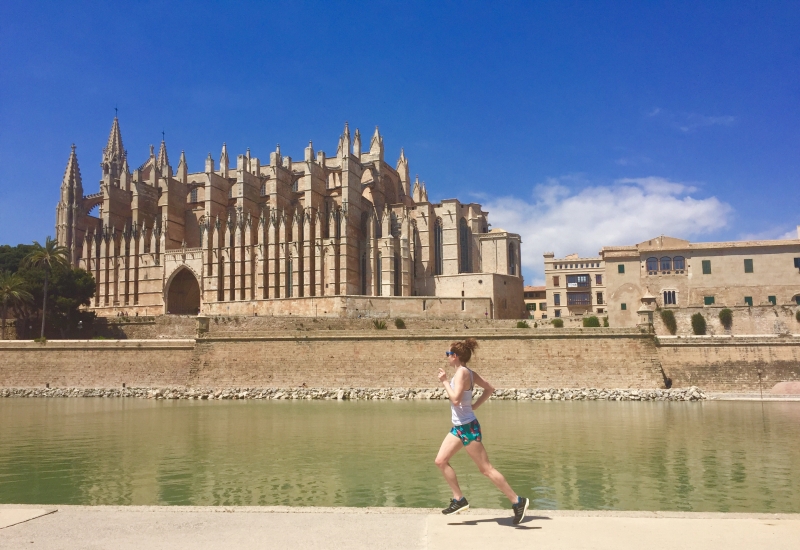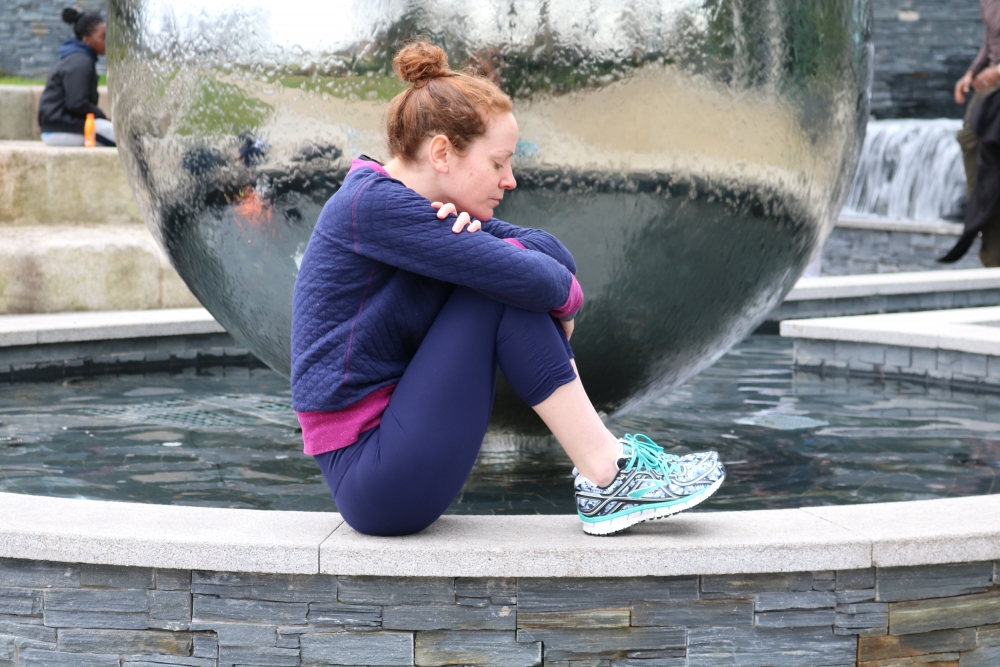More and more runners are looking for a coach – and there’s definitely a benefit to having one. But it’s important to get a coach who is right for you. So shop around, ask around and consider the points below.
Good runners make good coaches, right?
I don’t coach Olympians. I wouldn’t try to. I don’t coach people looking to win their next ultra marathon. I wouldn’t know where to start. This isn’t because I haven’t been an Olympian or won an ultra marathon (though it’s true that I haven’t), but because I have no experience working with these sorts of people.
Brother Colm O’Connell is known as “the Godfather of Kenyan running”. He’s an Irish missionary who lives in Kenya and coaches athletes. Four of his runners have won Olympic gold medals. He has never won an Olympic gold medal himself – so the idea that coaches have to have run at the level that they coach at isn’t true.
What I believe IS important though, is that you find a coach who is working with similar groups of athletes to you on a regular basis. It’s about coaching experience as much as it is about running experience.
So while your mate down the pub might run pretty fast and have been following his own training plan for years, this doesn’t mean he can make you run fast via the same plan. So wait until he’s got a few more Guinea pigs under his belt before you take him up on his offer.
The relationship between runner and coach
Above all else, it’s important you get on with your coach. If you’re being coached one-to-one by them, you’re going to be spending at least an hour with them maybe once a week. If you don’t get on with them or like their style, you won’t be motivated to go to your sessions or do the work.
You know the teacher at school who you didn’t like – I bet you didn’t do well in that subject. The same is true for your coach, only this time you have the choice of who you want to teach you. Don’t be afraid to ask to have a chat with them before committing to working with them longer-term, or using your first session as a trial. They should be open to this.
One of the most important things a coach can do for an athlete is give them confidence. This confidence comes from a good relationship and trust between athlete and coach. So make sure you like and trust them.
Do they need to be registered?
Yes and no. Anyone can call themselves a coach. And again I’d refer you to the example of Brother Colm above. He had no formal coaching training.
In the UK, the official body for governing and licensing running coaches is UK Athletics. If your coach is licensed with them then they’re insured by UK Athletics to work with you in certain ways and they’ve been through police checks.
I have a UKA Coach in Running Fitness license which means I can work with both groups and individuals and plan progressive training. But more importantly than this, it says that I’ve put in the hours of volunteering with more qualified coaches, observing them and working with athletes. The training I did as part of this course didn’t expand my technical knowledge as much as it made me think about the way I work with individuals, how people learn, how I observe runners and feed back to them and what I can do to encourage them.
Where do their interests lay?
I work with beginner runners working towards 5k, people taking on their first half or marathon and aiming to crack a 4-hour marathon for the first time. I really like working with this group because I remember what it’s like to be in their position. How frustrating running can feel but how amazing the sense of achievement is when it all comes together.
But all coaches have a different interest. Another coach might find working with beginners frustrating because sometimes the progress is slow, sometimes they drop out and you wonder if it was something you did, and sometimes they need a lot more support than just being told how far and how fast to run.
When I see people advertising themselves as working with ‘everyone from beginner to elite’ I wonder which bit gets them excited. Which group do most enjoy working with?
Check their background
A few weeks ago, a senior coach at my club posted a word of advice for people looking for a coach. One of our club runners who’s a bit good had been surprised to see his name mentioned as a client on the website of a coach (outside of the club) who he’d had no more than a one-off chat with. Our club coach, obviously interested, looked at the coach’s website and noticed he also promotes himself as having coached ‘Olympians’ but couldn’t confirm this or identify these Olympians.
The coach described above (I don’t know who they are FYI) was apparently well qualified and experienced, but had possibly fluffed up this experience at the higher end of running performance. Why they felt the need to do this, I don’t know. But it does raise an important issue and that is about checking out the people that you want to work with.
You’re putting your training, your body and, to a certain extent, your health in the hands of another person for a few moths. It’s good to know a bit about them. Don’t be afraid to ask questions or for testimonials.
Where to find them
Your local running club is a good place to start. They’ll have coaches working with people on a regular basis. And, depending on the sort of coaching you want, you might find this the cheapest option. Ask around. If friends or people you know through running have had good experience of working with coaches, ask for recommendations. And a good coach should recommend you on to another if they don’t think they’re the right person to help you.
